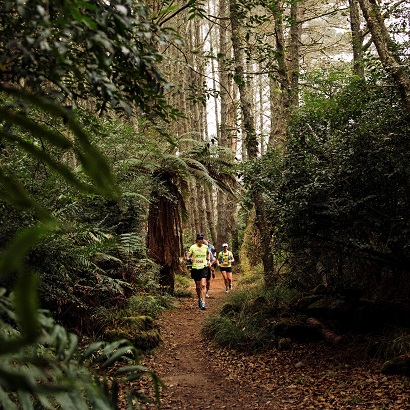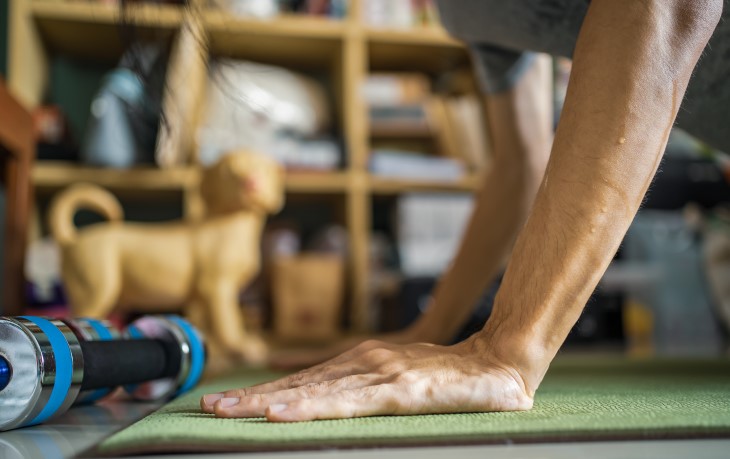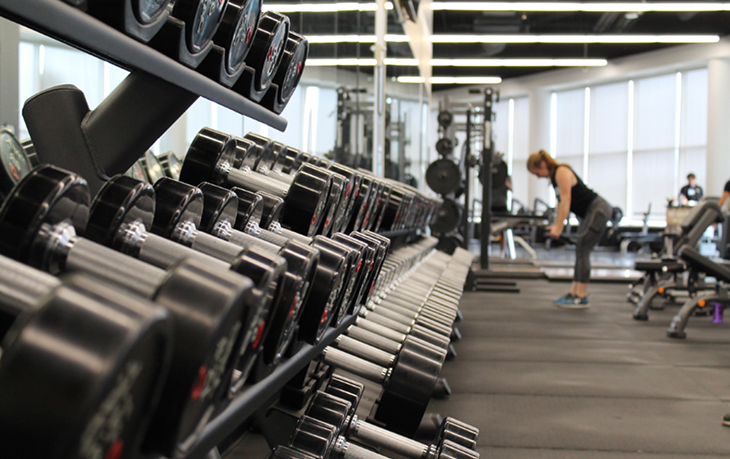Agree with your thinking
Run your best race this spring without becoming a statistic

It’s a busy time on the streets of New Zealand as runners get ready for marathon season. Here’s some expert advice on staying injury-free for race day.
Marathon season is here. Between now and late November, the Wellington, Rotorua, Auckland and Queenstown marathons are all scheduled.
While you're lacing up your running shoes, remember to follow a solid training plan. This is so that you achieve your personal best, rather than over-doing it before you even reach the start line.
For the past five years, there's been an increase in running injuries coming into marathon season. The July average was 988, climbing in August to 1,232 injuries and September with 1,200 injuries.
- Gradually build up how much and how intensely you train
- Take rest days
- Buy comfortable and supportive running shoes
- Train on the terrain you are planning to compete on
- Get at least 8.5 hours of sleep a night
- Be aware of how stress affects your running
- Eat a balanced diet with enough energy to replace what you’re burning off
- Drink water before and after your runs
- Do regular leg and core strength training to help reduce injuries and improve performance.
But overall, there are some encouraging trends. Over the last five years, we've seen a consistent decrease in running-related injury claims.
In 2015 there were 16,065 running injuries compared with 13,397 injuries in 2019.
"This is encouraging as the popularity of running events and running for general fitness seems to be increasing," says ACC Injury Prevention Partner Natalie Hardaker.
"We want to support all Kiwis in doing the sport and activity they love, and as with any other sport, good physical preparation combined with rest and recovery will help you stay injury-free and achieve your goals."
In 2019
Cost of injuries
Justin Lopes, who is on the National Executive of Sport and Exercise Physiotherapy New Zealand (SEPNZ) and is the Director and Principal Physiotherapist of Back to Your Feet Physiotherapy Ltd, sees a leap in running injuries in August.
"They come out with a hiss and a roar, but they don't have a plan, and can put their bodies under too much load too soon, which can contribute to them getting injured."
Running and COVID-19
Lopes says it's important for runners to think about other things going on in their lives that might trip up their training.
"During COVID-19 we have seen a higher level of running injuries because people are stressed and might not be sleeping as well as they normally would, and then they go out for a run and their body isn't in a good shape to take that load."
Running is one of the few exercise activities Kiwis can do at Alert Level 3 and this could have contributed to more injuries as people go running when they aren't prepared.
Hardaker agrees: "It has been an unsettling time with COVID-19 but you can still keep progressing your training.
"Take the time to physically prepare your body for the demands of running and gradually build up your running, build up your running volume and distance over time and include rest days to recover."

Lopes, who has worked with the Football Ferns and the New Zealand U-23 men's football team, says there's no fast track to the level of fitness needed to complete a half marathon or marathon.
"You need to put in the training and build up your strength over time, but if you can't put the hard work in then you need to lower your expectations."
He says working out your 'perfect training load' is a hard thing to gauge.
"Running is great because you get out for a workout and you release some endorphins and you feel really good about it, but you need to design a plan. I'd recommend talking to a professional, eg a coach or physio, to discuss your training plan and work out what is your optimal load."
Lopes says it's crucial to listen to your body.
"Patience is the key and it will pay off in the long-term if you hang in there," he says.
"If you do get injured, talk to a physio about when is the right time to get back into training. We want all runners to experience that awesome feeling of crossing the finish line on race day."




